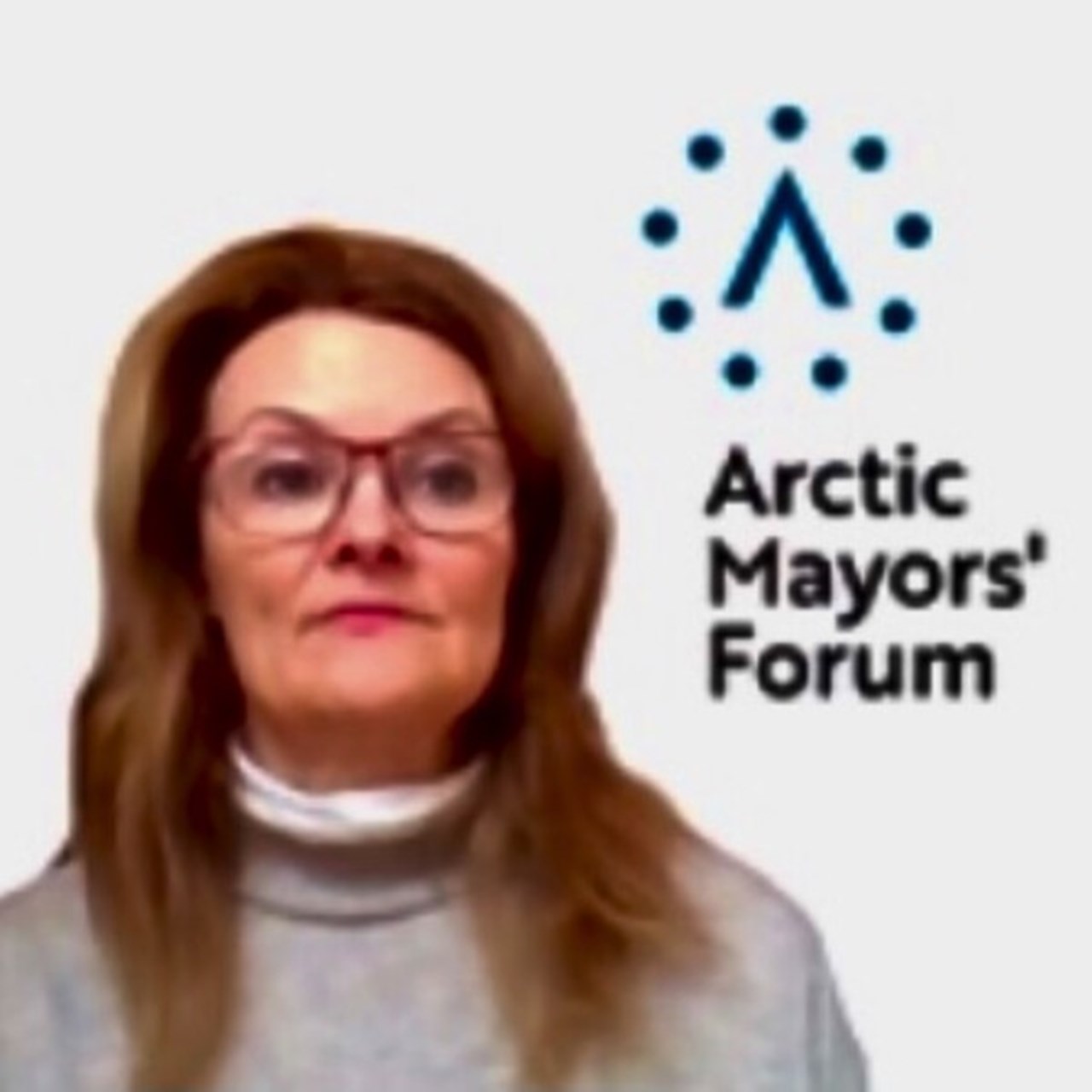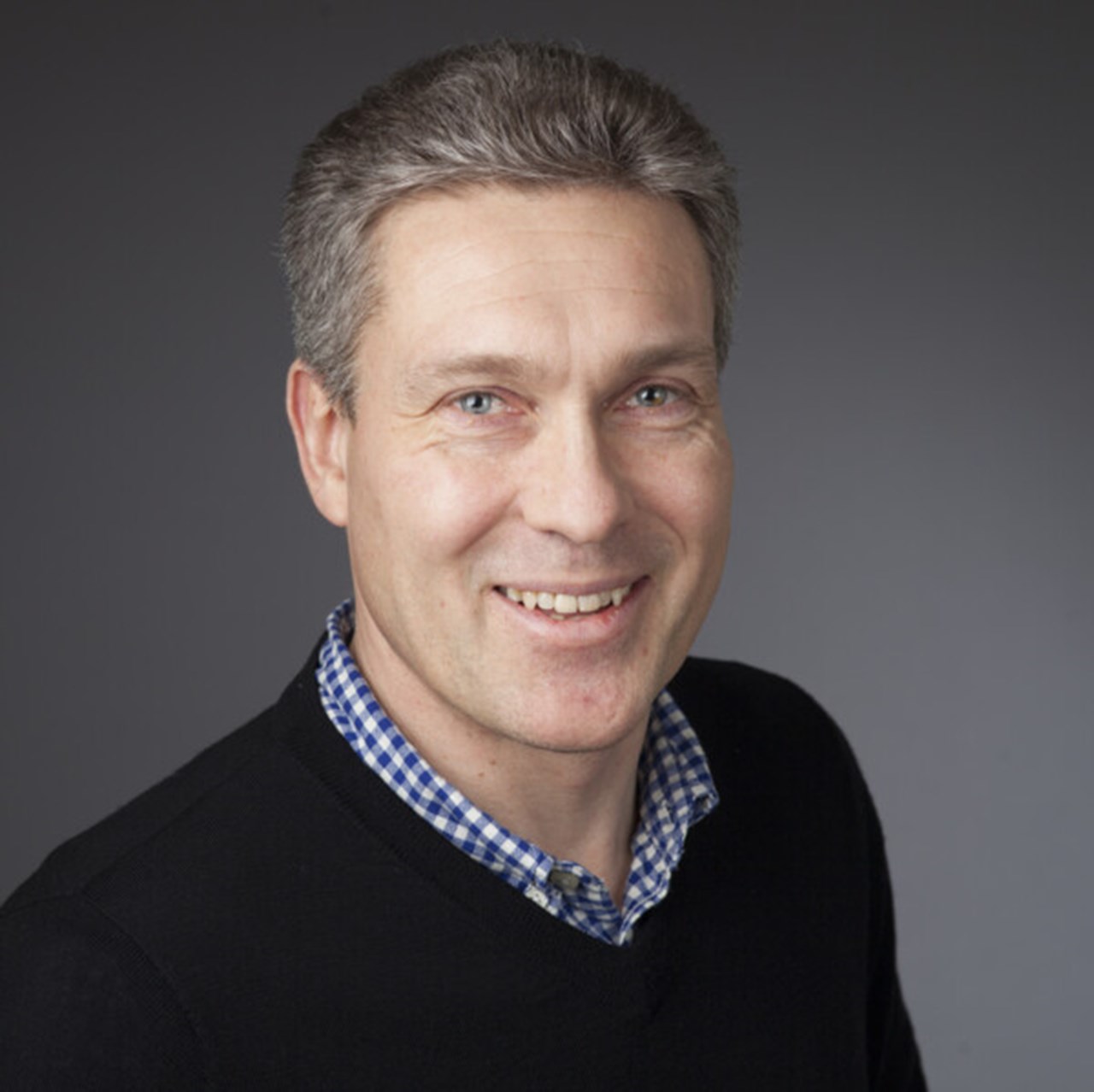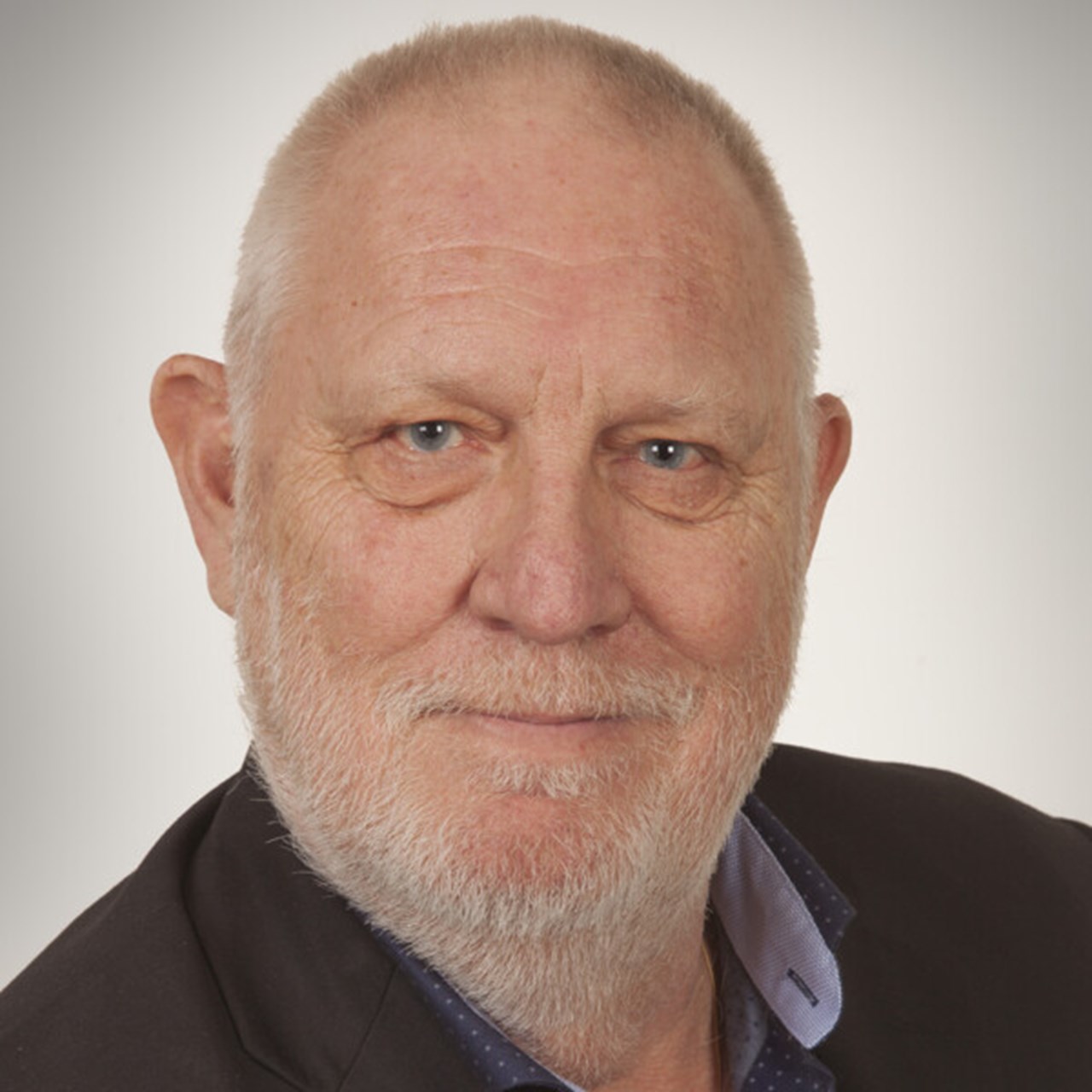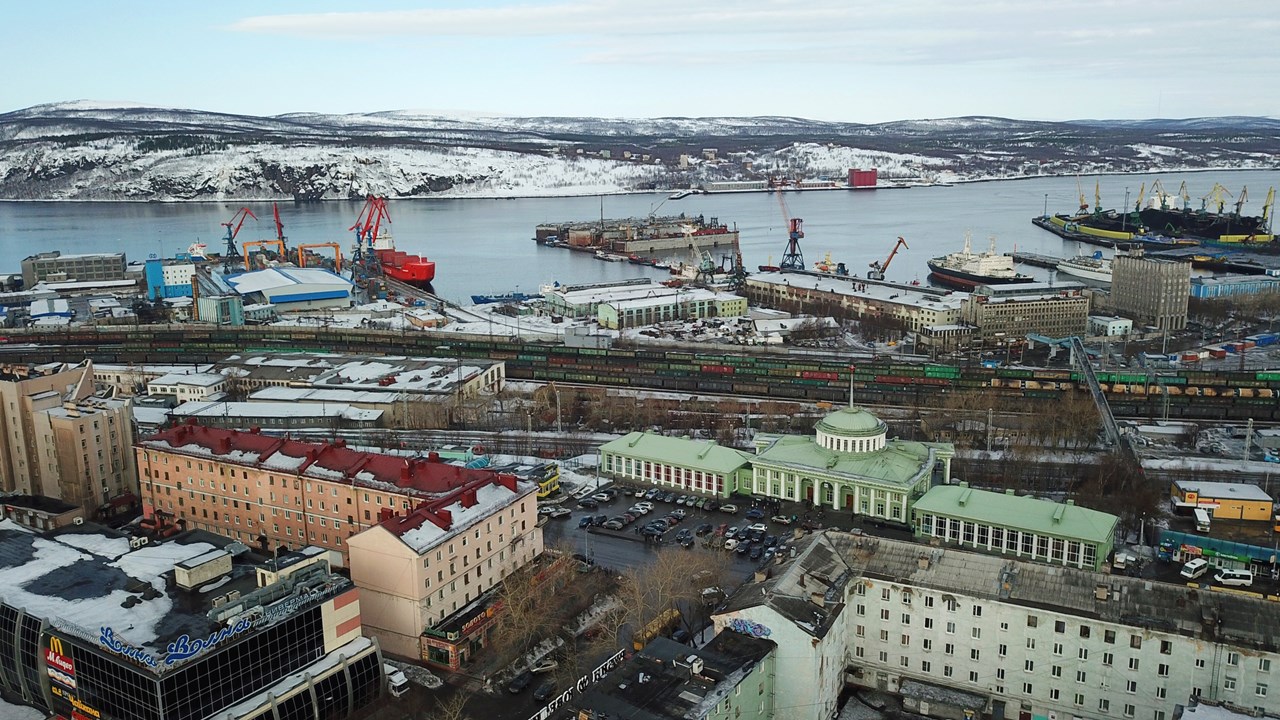The 14 member cities of the Arctic Mayor’s Forum
Akureyri (Island)
Anchorage (Alaska)
Archangelsk (Russia)
Bodö (Norway)
Iqaluit (Canada)
Kemi (Finland)
Luleå (Sweden)
Murmansk (Russia)
Qeqertalik (Greenland)
Rovaniemi (Finland)
Sermersooq (Greenland)
Torshavn (Faroe Isands)
Tromsö (Norway)
Turku (Finland)
Umeå (Sweden)






